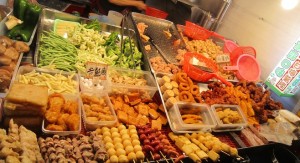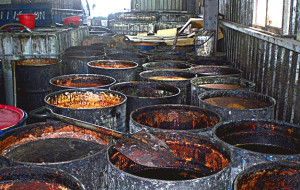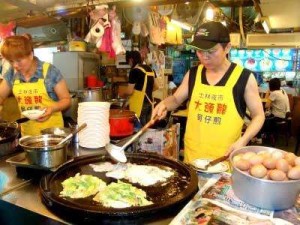Whether last week’s norovirus outbreak in Taichung’s Hoya Resort Hotel Wuling (武陵富野渡假村) was caused by norovirus GII.17 — a genotype common in certain African nations — has not been determined, the Centers for Disease Control (CDC) said yesterday.
 The agency made the remarks after a norovirus outbreak at the hotel over the Lunar New Year holiday affected more than 200 guests and employees.
The agency made the remarks after a norovirus outbreak at the hotel over the Lunar New Year holiday affected more than 200 guests and employees.
Norovirus infections cause rapid onset of vomiting and diarrhea. The virus is transmitted through the fecal-oral route, primarily via contaminated food or water.
CDC Deputy Director-General Chuang Jen-hsiang (莊人祥) said there are many genotypes of norovirus and that local cases last year were caused mostly by GII.4 and GII.6 strains.
“GII.17 genotype was first detected in Taiwan in October 2013, before disappearing shortly later. However, it re-emerged in the nation late last year and has since been the most predominant genotype circulating in the country,” Chuang said.
Chuang said the world’s knowledge about the GII.17 strain’s pathogenicity and level of communicability is still limited, except that it caused a cluster of infections in Africa and Brazil in 2005 and 2006 respectively, and affected a few individuals in the US and Japan in recent years.










